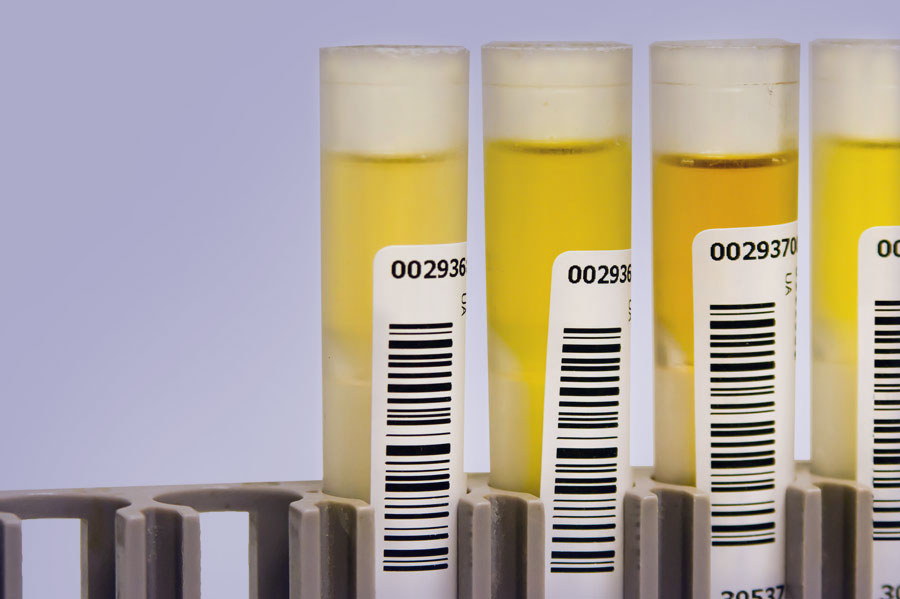About 33 states and municipalities in the United States have some sort of drug testing law. These laws often refer to the Substance Abuse and Mental Health Administration (SAMHSA) regulations or the Department of Health and Human Services (DHHS) regulations. Department of Transportation (DOT) regulations often imply SAMHSA regulations. With more than 130 controlled substances included in just one schedule of the federal Controlled Substances Act of 1970, knowing which drugs are legal to test for can be daunting, but knowing where your state stands on testing is a great first step. Voluntary states that require the SAMHSA panel (a 5-drug panel including marijuana, cocaine, amphetamines, opiates and phencyclidine) include Alaska, Arkansas and Tennessee, while mandatory states are Kansas and Montana. Laws in other states have full discretion regarding the drug panel used in substance abuse testing.




 Full Fusion
Full Fusion